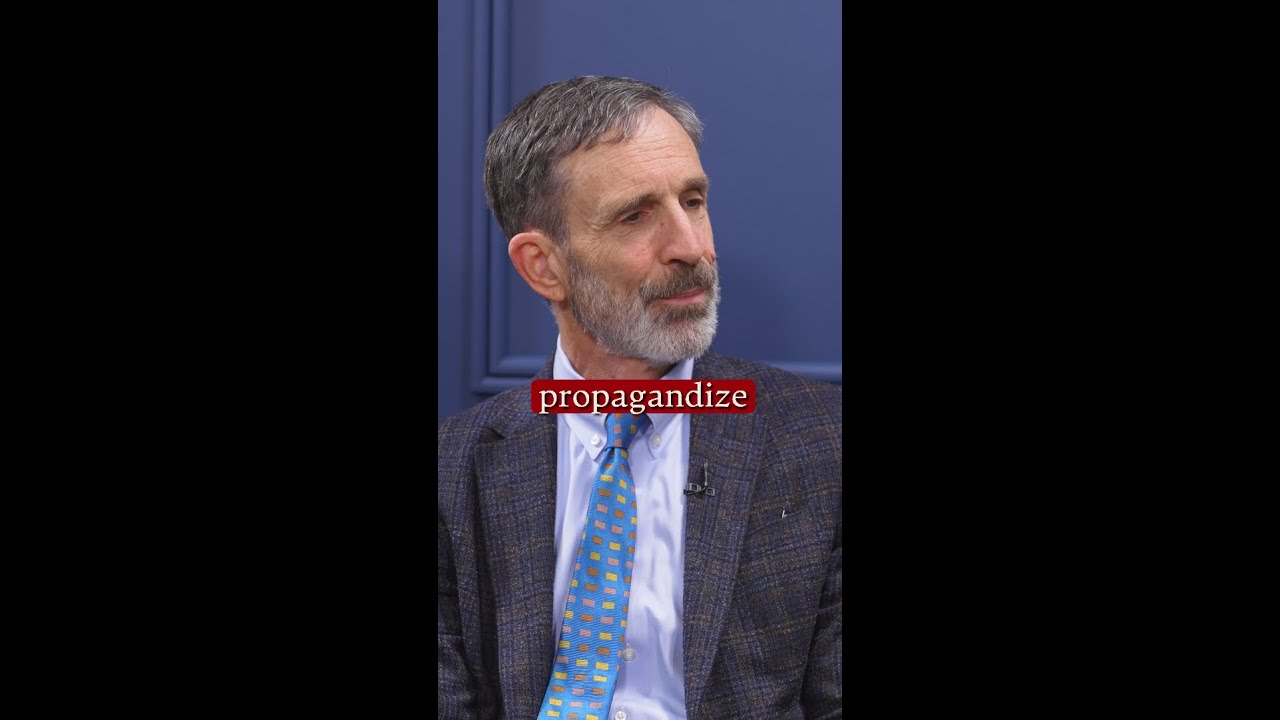The video explores how college students are increasingly resistant to progressive ideologies regarding marriage and gender dynamics, suggesting that traditional methods of persuasion are losing their effectiveness due to students’ desensitization from years of exposure to such messaging. It argues that this generation is more discerning and critical, prompting a need for progressives to reevaluate their communication strategies to better connect with young adults.
The video discusses the evolving attitudes of college students towards progressive ideologies, particularly in relation to marriage and gender dynamics. It highlights how attempts by progressives to instill suspicion towards traditional institutions like marriage have not resonated as intended. The speaker suggests that these efforts have backfired, indicating a disconnect between the messaging aimed at young adults and their actual beliefs and experiences.
The speaker references notable figures, including Barack and Michelle Obama, who have publicly addressed issues related to masculinity and gender roles. These messages, while impactful in certain contexts, seem to lose their effectiveness when directed at a broader audience. The speaker argues that the tactics used during freshman orientation, which may have been designed to intimidate or influence young students, are increasingly failing to resonate with them.
One key point made is that college students have been exposed to progressive messaging since a young age, often starting in middle school. This prolonged exposure has led to a certain level of desensitization, making them less susceptible to the same tactics that might have worked on previous generations. By the time they reach college, these students are already familiar with the narratives being presented to them.
The speaker emphasizes that the current generation of college students is more discerning and critical of the ideologies being pushed onto them. They have developed their own perspectives and are less likely to accept propaganda without question. This shift suggests a potential change in how progressive ideas are received and the effectiveness of traditional methods of persuasion.
In conclusion, the video posits that the strategies employed by progressives to influence young minds may need to be reevaluated. As college students become more aware and critical of the messaging they encounter, it raises questions about the future of progressive movements and their ability to connect with younger generations. The speaker calls for a reconsideration of how these ideas are communicated to ensure they resonate more effectively with today’s youth.
